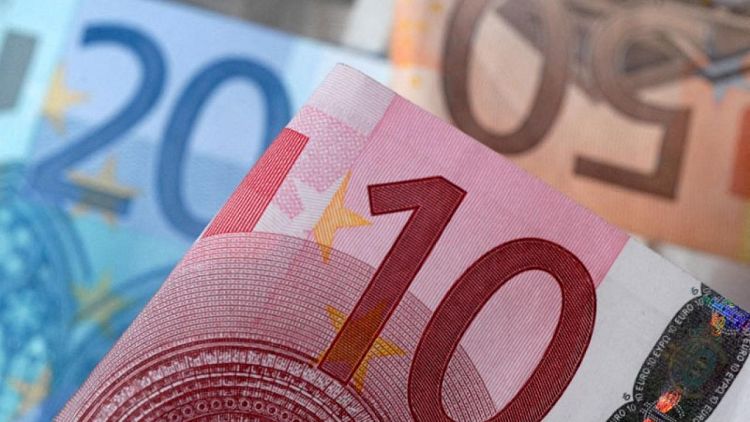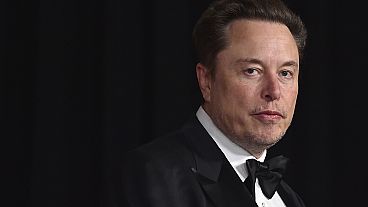By Dhara Ranasinghe
LONDON - A rate hike by the Bank of England caught bond markets by surprise on Thursday, pushing up yields across the euro area just before the European Central Bank was expected to dial back stimulus but pledge to keep borrowing costs low.
The BoE lifted its key rate by 25 basis points, pushing British gilt yields sharply higher.
That dragged euro area yields up too. Germany's 10-year bond yield was last up 3 bps at -0.37%, while Italian yields rose 2 bps to 0.94%. British yields were 7-8 bps higher on the day.
On what is being described as a "Super Thursday" for central banks, Norway hiked rates by 25 bps and the Swiss National Bank maintained its ultra-loose monetary policy.
The Federal Reserve on Wednesday said it would end its pandemic-era bond purchases in March and pave the way for three quarter-percentage-point rate hikes by end-2022 as the economy nears full employment and inflation surges.
The ECB is expected to announce that bond buys under its 1.85 trillion euro ($2.09 trillion) Pandemic Emergency Purchase Programme (PEPP) will be reduced next quarter then wound down at the end of March. A long-running Asset Purchase Programme (APP), however, will be ramped up, offsetting some of this lost stimulus.
(Graphic on, APP Program: https://fingfx.thomsonreuters.com/gfx/mkt/zdvxoxxjrpx/APP%20Program.JPG)
Uncertainty created by the Omicron coronavirus variant means some decisions on post-PEPP support may be delayed.
ECB hawks warn against adding to APP when inflation could remain too high longer-term. Doves want to stick with ultra-easy policy because long-term price pressures remain weak.
"Markets are worried that we could get a hawkish meeting. (ECB chief Christine) Lagarde is trying to bring a consensus between a clearly divided council," said David Riley, chief investment strategist at BlueBay Asset Management.
A key focus is what shape ECB support takes once PEPP ends.
The most likely option is that policymakers approve a bond purchase quota or "envelope" for 2022 and emphasize that not all of this must be spent.
It could regularly review the volumes and set purchase targets only for short periods. A risk is that investors start selling bonds from the bloc's indebted periphery.
"Communication will be key and how the ECB stresses the flexibility it wants to maintain to reduce risks to the economy at a time where there are additional risks on the virus side," said Annalisa Piazza, fixed-income research analyst at MFS Investment Management.
She said two sources of potential volatility for the periphery could come from how much flexibility the ECB flags in terms of reinvestments from maturing bonds in the PEPP, and the size of purchases under APP.
An envelope size of 120 billion euros for asset purchases after March would be viewed as hawkish, Piazza said.
News that Germany plans to issue 422 billion euros of bonds in 2022, the second highest on record, had no immediate impact.



